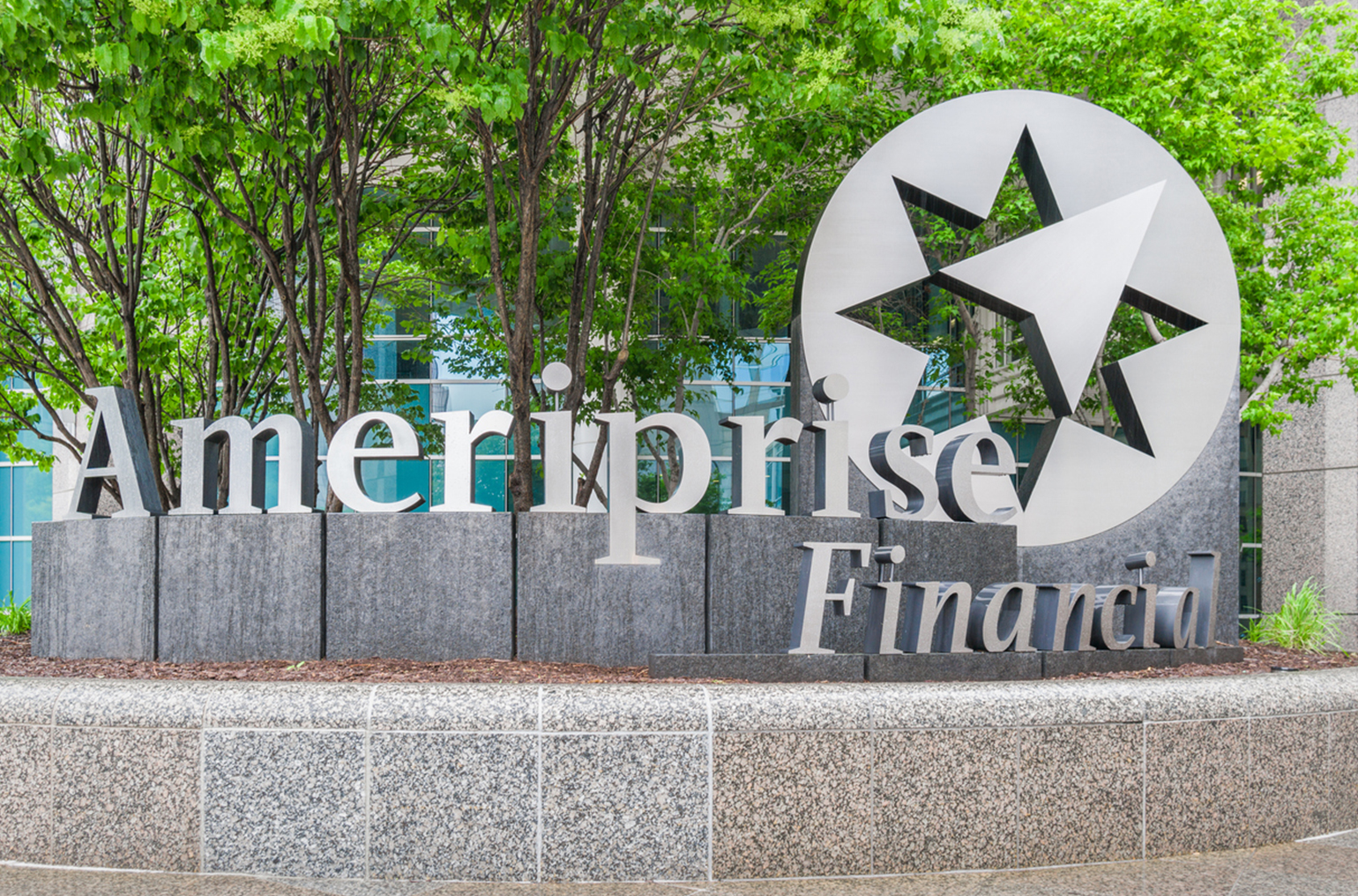First Republic Bank staved off a potential collapse after a group of bigger financial firms agreed to park a combined $30 billion in deposits with the lender. But the cash injection is only a short-term solution, and investors are unsatisfied.
The San Francisco-based company will still need to move quickly to find a way to remain independent, or strike a deal for a takeover. The deal with the 11 lenders including Bank of America Corp., JPMorgan Chase & Co. Citigroup Inc. and Wells Fargo & Co. includes deposits with an initial term of 120 days.
“The market may be interpreting that the $30 billion of new deposits that are going in may have staved off a depositor run, but it hasn’t added any new equity to the bank,” Arthur Wilmarth, professor emeritus at George Washington University’s law school, said in an interview. “The shareholders know that they are certainly at risk.”
First Republic shares closed down 33% to $23.03 after slumping as much as 35% in intraday trading Friday. They’ve plunged 81% this year.
Friday’s stock plunge underscores the tenuous situation for US policymakers. If the banks’ rescue ultimately succeeds in easing worries about the sector, Washington will have avoided fierce political blowback that certainly would have followed any government intervention. If it doesn’t calm broader concerns, officials face a series of tough choices on next steps.
Adding to the market’s worries is the fact that First Republic tapped a Federal Reserve liquidity line of as much as $109 billion in the days leading up to its rescue by the big banks, said Arnold Kakuda, a bank analyst at Bloomberg Intelligence. First Republic has been exploring strategic options, including a sale, Bloomberg News reported earlier this week.
“So maybe this $30 billion in deposits from big banks only buys time, but concerns remain,” Kakuda said.
A representative for the bank declined to comment.
Analysts have been forced to extrapolate from data First Republic provided to determine exactly how its financial position has changed in the past few days. One estimate from Jefferies Financial Group Inc. pegs potential deposit outflows at $89 billion. The bank said in a statement late Thursday that insured deposits “remained stable” between the close of business March 8 and March 15.
“Daily deposit outflows have slowed considerably,” First Republic said. According to a December filing, the bank had roughly $119 billion in uninsured deposits at the end of last year, a little more than 67% of its $176 billion in total deposits.
Meanwhile, analysts have been cutting their recommendations on the bank. Wedbush analyst David Chiaverini lowered First Republic to neutral, saying it’s difficult to “come up with a realistic scenario where there’s residual value for FRC common equity holders” in the event of a sale.
Morningstar Inc. strategist Eric Compton said while the $30 billion of deposits appear positive on the surface, it also confirms some of people’s worst fears about the financial health of the bank.
“Prior to this event, we did not know for sure if First Republic had indeed experienced a true run on the bank, or that perhaps the bank would be able to maintain its deposit base relatively intact,” Compton wrote Friday. “Disclosures made by First Republic regarding this latest liquidity injection remove all doubts that a significant runoff of deposits has occurred.”
Evercore Inc. analysts led by John Pancari said in a research note late Thursday that “the deposit infusion allows the bank to fight another day,” but that it’s “likely a temporary solution – particularly given the noted 120 day-window.”
First Republic is in discussions to raise money from banks or private equity firms by issuing new shares, the New York Times reported late Friday, citing three people with knowledge of the process. The terms are still under discussion, and a sale of the entire bank is also possible, the newspaper said. A First Republic spokesman declined to comment on the report.
First Republic specializes in private banking and has built up a wealth-management franchise with some $271 billion in assets. Those watching the company’s travails say that helps make it a potentially attractive takeover target.
“They never were a traditional bank,” said John Allison, the former head of BB&T Corp., a predecessor company to Truist Financial Corp. “They’re in a very good market, and they have a very good market share. They were after the high-income deposits. The negative to that is that they’re uninsured.”
Sources: Wealth Management



